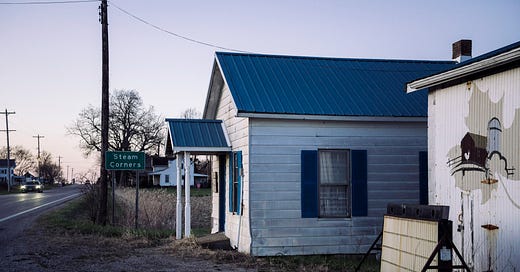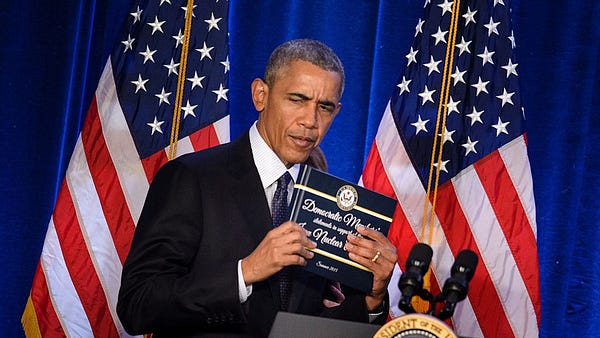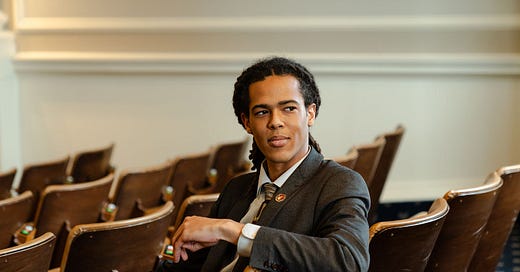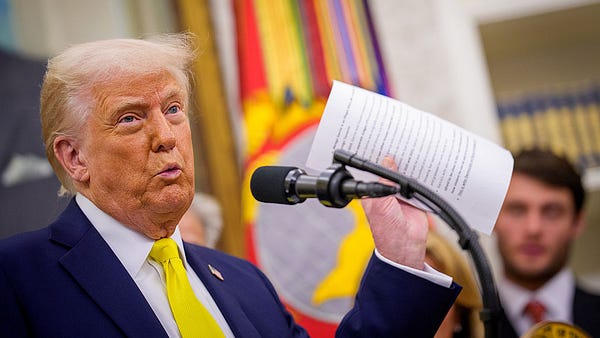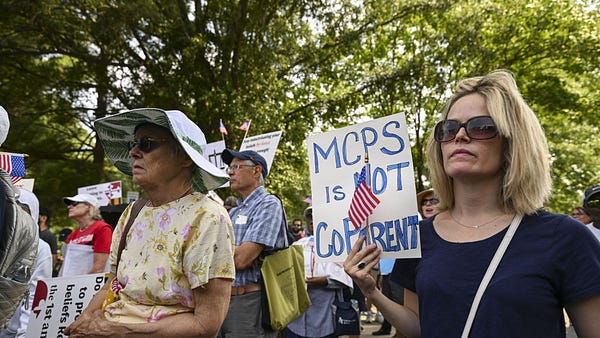
ABERDEENSHIRE, SCOTLAND — In April 2016, a writer in a local Scottish newspaper made a surprising prediction: Donald Trump was going to be the next U.S. president. The Press and Journal doesn’t often cover foreign affairs, but this particular writer had insider knowledge. At the time, Hillary Clinton was 10 points ahead in the polls, and Trump was starting to look vulnerable. But, the writer argued, the Republican had “a stubborn streak”—and that’s what produces “results.”
The headline read: “How Scotland will help me win the election.”
The author was Trump himself.
In his column, Trump told the story of how he had built one of the “greatest” golf courses in the world, 10 miles north of Aberdeen, a windswept port city on Scotland’s east coast, at roughly the same latitude as Anchorage, Alaska. In the early days, Trump explained, people “laughed when they saw what I had planned”—but eventually he convinced them.
“Scotland has already been won,” Trump concluded. “And so will the United States.”
But had Scotland truly been won? Last month, when I visited the Aberdeen branch of Trump International Golf Links—which lies just outside of the village of Balmedie (population: 2,500)—I discovered a very different story than the one Trump tells.
For almost two decades, a small band of Scots has resisted The Trump Organization’s efforts to turn their land into a playground for the super-rich. First he tried to buy them out, and then he tried to intimidate them—but they refused to uproot themselves for the sake of a billionaire’s bank account. Their ranks have boasted a producer for The Clash and a one-time cowboy actor. But their figurehead has always been Michael Forbes, a fisherman turned tartan Davy Crockett.
With his thick Scottish accent and tattooed arms—he got his first when he was 12—Forbes, 72, never minces his words. Trump once described him to the press as a “loser who is seriously damaging the image of both Aberdeenshire and his great country.” When I asked Forbes how he’d respond to the compliment, he replied: “I’d tell him to fuck off.”
Today, as Trump attempts to win the United States for the second time, Forbes could be about to get his wish.
Just over a year ago, New York’s Supreme Court found that Trump and his companies had fraudulently inflated the valuations of his Scottish golf courses—he has another on the west coast of the country—by up to $260 million. It was a key development in the complex civil fraud case that state Attorney General Letitia James brought against the former president in September 2022, which examined more than 200 allegations of Trump lying about his wealth to secure favorable loans. He was fined nearly $500 million—a sum Trump’s lawyers appealed a few weeks ago. If he can’t pay up, the golf course—which is owned by a Florida trust, and thus accessible to the U.S. government—could be seized.
Trump, true to form, has tried to spin this to his advantage, claiming that he’s the victim of yet another “witch hunt.” But there’s plenty of evidence that Trump International Golf Links is an entrepreneurial failure. The resort has never made a profit; it lost more than $16 million over its first 11 years. It was supposed to provide “thousands” of jobs; today, there are fewer than 100 people employed there. A glistening mega-hotel was promised, but it is yet to materialize.
There is, however, one promise Trump looks set to keep. Included in the original proposal was a plan for a second golf course on the site. And this week, apparently undeterred by financial scandal and local resistance, Trump International revealed that it will open next summer.
Still, if the original course was a metaphor for Trump’s triumph during his first presidential campaign, the second could be a symbol of his unraveling.
As so often with Trump, this story starts with a view of Central Park. It was 2005, the year he married Melania, and there was a group assembled in his twenty-sixth-floor office in Trump Tower. On one side of the room sat Trump and his advisers, including two of his children, Donald Jr. and Ivanka, then 28 and 23. On the other side sat a former officer in the Scots Guards, an elite unit in the British Army, delivering the most important pitch of his life.
Neil Hobday was used to mixing with the rich and powerful: from age 7, he had attended Fettes College, Edinburgh’s leading boarding school, overlapping with former Prime Minister Tony Blair. And he had traveled to New York along with representatives of Scottish Development International, a government agency that supported the project.
But, Hobday told me, he was still nervous. The night before their meeting, he stood in front of a mirror in his hotel room, practicing his speech over and over. Trump, it was said, could be a fierce interrogator.
“He asks a million questions,” Hobday told me on the phone last month. “His brain is just going the whole time.”
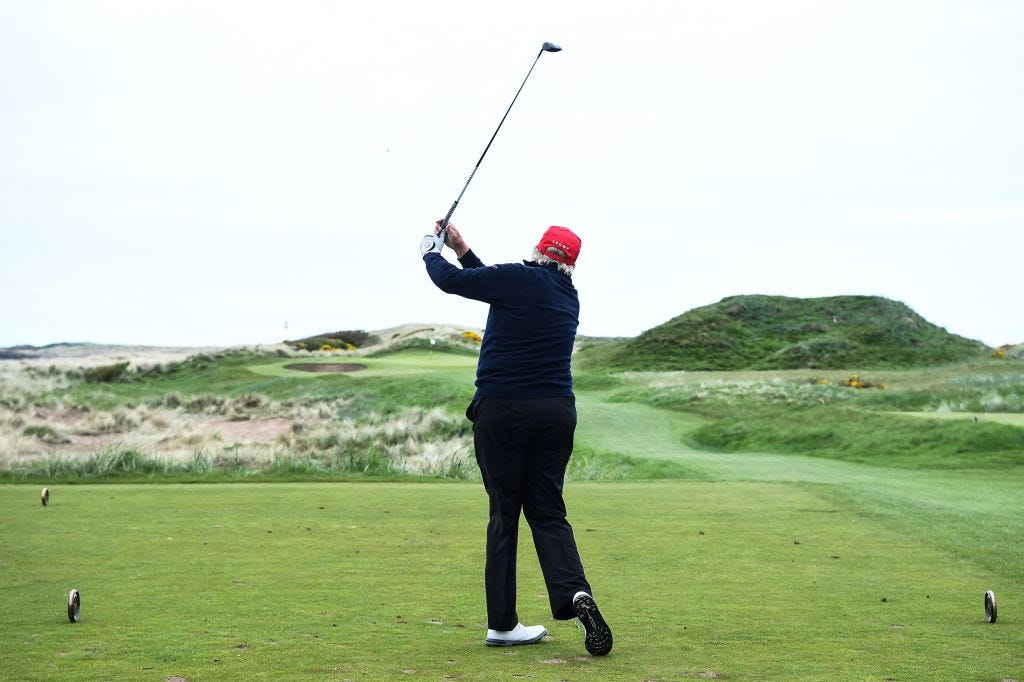
The plan, Hobday told Trump, was ambitious but simple. North of Aberdeen, near a small village called Balmedie, sat Scotland’s Sahara: an expanse of rolling sand dunes that tumbled down to the beach. The Scottish government had designated the dunes a Site of Special Scientific Interest, treasured by scientists from across the world—which meant that they couldn’t be developed. But for the right amount of foreign investment, both the government and the main landowner were willing to sacrifice their protected status.
Just imagine what they could be, Hobday implored Trump. What if they had a greater purpose? What if, he asked, they were turned into a golf course?






